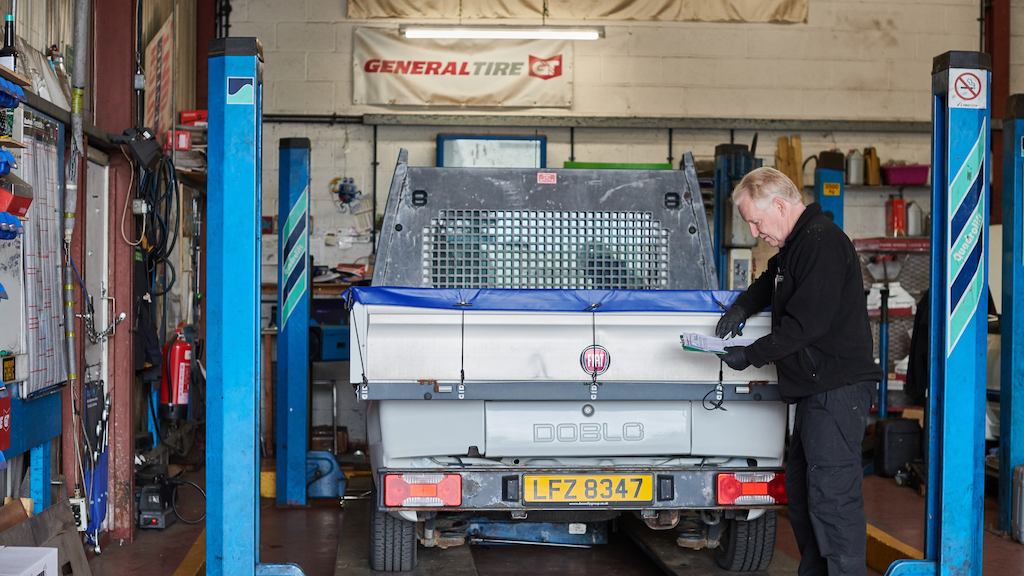The government is currently considering responses to its statutory Second State Pension age review, the outcome of which will impact the plans of millions of older workers. Meanwhile media reports recently suggested elements of the independent review on the same topic from 2017 may soon be implemented. The Cridland Review recommended that the scheduled increase from 67 to 68 should be brought forward from 2044-2046 to 2037-2039, but that people should get at least ten years notice of any changes to their pension age.
Given this context, two new reports published by the Institute for Fiscal Studies and commissioned by the Centre for Ageing Better are extremely timely. The analysis explores the impact of the rise from 65 to 66 has had on individuals, as well as how the world of work is changing. This research makes it clear that more needs to be done to make longer working lives an achievable aspiration for older workers, and to allow employers to benefit from the value they add to the workforce.
This research tells us three key things:
- Around one in ten (9%) of 65-year-olds changed their retirement plans and worked longer as a result of changes to state pension age. That is a huge change. However, it remains the case that the majority of people are not in work when they reach 65 and are not returning to work as a result of this reform.
- In 2021, the changes meant 55,000 more 65-year-olds in work, but an additional 5,000 people unemployed and a further 27,000 who reported they were unable to work due to long-term ill-health or disability. This group is not working, and no longer has pension income – so people who are unable work at 65 now face a substantially lower income than they did pre-reform. This big drop means that, although those who are staying in work for an extra year may be better off, on average net income for 65-year-olds is £108 lower now than it was before the reform. So while the reform has caused a significant increase in the number of people aged 65 in work – on average, it has made 65-year-olds worse off.
- Poor health, caring responsibilities and ageism in the workplace force many older workers out of work before they are ready to retire, and ageism in recruitment makes it difficult for them to return. While legislation has yet to make its way to Parliament, it's likely that in 15 years’ time the retirement age will be 68. Taking action now to retain and recruit older workers can bring only benefits for employers. Not only are older workers a vital part of the workforce of the future, but research suggests that multi-generational workforces are the most productive.
So if a longer wait to reach state pension age is the price for living longer, then having ample opportunity to work in those intervening years has to be part of the bargain. Accelerating the former without sufficiently laying the foundations for the latter will lead to further financial hardship for older workers.
On average, we’re living for longer than ever before, and further rises in the state pension age are an inevitable consequence. And for some older workers, this could be a positive – allowing them to stay in work for longer and put more money in their pension pot. But government must do more to smooth the transition.
We must accept that some people on the cusp of retirement cannot, and will not, return to the labour market. In this small number of cases, it's appropriate that government consider early access to certain pension-age benefits. For most older workers however, the best thing government can do is to work with employers and recruiters to promote age-friendly practices that allow them to stay in work for as long as they want.


